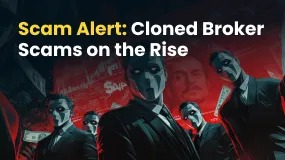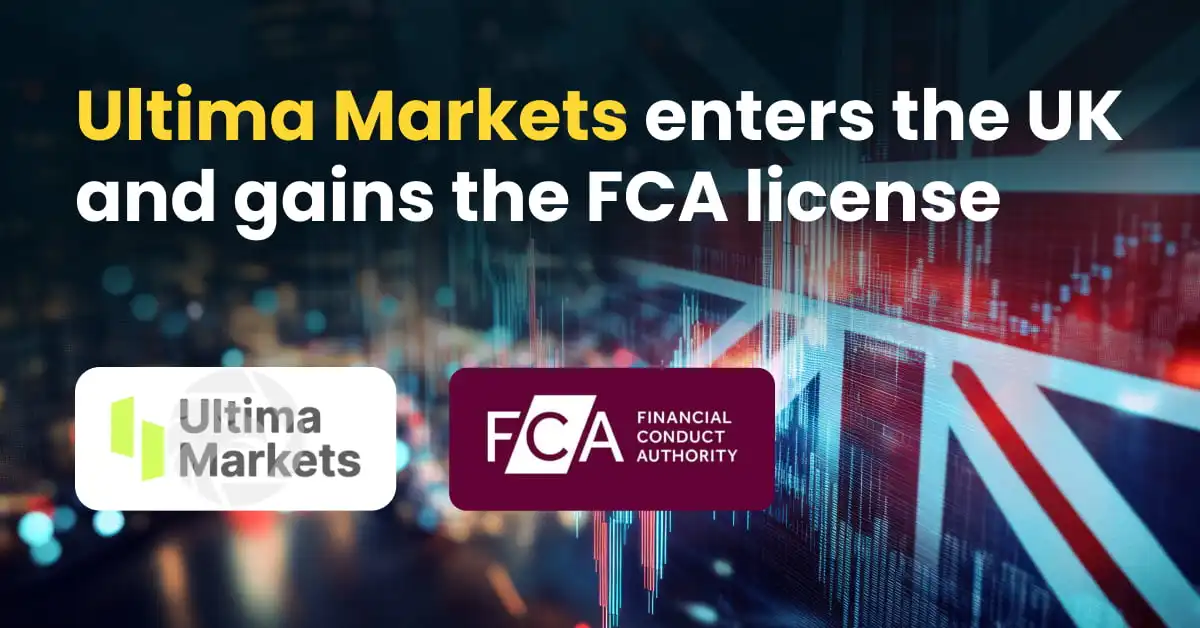简体中文
繁體中文
English
Pусский
日本語
ภาษาไทย
Tiếng Việt
Bahasa Indonesia
Español
हिन्दी
Filippiiniläinen
Français
Deutsch
Português
Türkçe
한국어
العربية
Are Trading Courses and Mentors a Fast Track or a Financial Trap?
Abstract:In recent years, trading has become more popular than ever. Social media is full of people showing off their “trading lifestyle” with expensive cars, luxury holidays, and promises of easy money. Many of them claim to be mentors, investment coaches, or run online trading academies. They say they can turn beginners into full-time traders in just a few weeks. But is it true, or is it just a clever scam?

In recent years, trading has become more popular than ever. Social media is full of people showing off their “trading lifestyle” with expensive cars, luxury holidays, and promises of easy money. Many of them claim to be mentors, investment coaches, or run online trading academies. They say they can turn beginners into full-time traders in just a few weeks. But is it true, or is it just a clever scam?
For new traders, the idea of learning from someone more experienced makes sense. Trading is not easy. It takes time to understand charts, manage risk, and control your emotions. A mentor or course can seem like a quick way to avoid mistakes and start making money faster. But in reality, many of these “shortcuts” lead to disappointment.
The truth is, a large number of these so-called mentors and online courses are not what they seem. Behind the flashy websites and social media posts, many are selling empty promises. They charge high fees for basic or recycled information, and once you‘ve paid, the support often disappears. Some don’t trade at all as they make money only by selling the dream of trading to others.

Of course, not all courses or mentors are scams. There are a few professionals who offer real value. But the problem is knowing how to tell the difference. Anyone can rent a luxury car for a photo or post fake profits. And because the trading education industry is mostly unregulated, theres little to stop bad actors from taking advantage of new traders.
This raises an important question: Is there a shortcut to success in trading? Most experienced traders would say no. Success in the markets comes from hard work, learning through experience, and managing risk. It takes time, patience, and often, learning from your own mistakes.
The danger is that many beginners are eager to skip that journey. They want results now, and scammers know it. That‘s why it’s so important to be cautious. If someone promises easy profits or guaranteed success, thats a red flag. Always ask questions, check reviews, and be sceptical of anything that sounds too good to be true.
Trading is not a get-rich-quick scheme. It's a skill, and just like any skill, it takes time to develop. A good mentor or course can help, but it wont replace the hard work you need to do on your own.
In the end, the biggest risk in trading might not be the markets, but the people you trust to teach you how to trade them.

Disclaimer:
The views in this article only represent the author's personal views, and do not constitute investment advice on this platform. This platform does not guarantee the accuracy, completeness and timeliness of the information in the article, and will not be liable for any loss caused by the use of or reliance on the information in the article.
Read more

Scam Alert: Cloned Broker Scams on the Rise
Reputed authorities like the FCA have issued warnings against brokers who act genuine but are actually fake brokers. They copy details such as logos, names, branding, and sometimes even employee appearances to trick investors and steal money from them.

Fraud Alert: Don’t Trust These Firms, SC Malaysia Warns
Investors, Pay Attention! This is a serious warning from the Securities Commission Malaysia against 5 scam brokers operating in the forex market without a legal license. Here is the list of 5 fake brokers you must avoid.

Ultima Markets enters the UK and gains the FCA license
Ultima Markets has secured authorization from the FCA to offer CFDs to retail clients in the United Kingdom, marking its entry into one of the world’s most heavily regulated and competitive markets. According to the FCA register, the trading name “Ultima Markets” was approved on 21 July 2025.

LSEG Announces £1 Billion Share Buyback Program
London Stock Exchange Group (LSEG) launches a £1 billion share buyback program, partnering with Goldman Sachs for a capital reduction initiative through 2025.
WikiFX Broker
Latest News
SEC Lawsuit Targets Real Estate Fraud Scheme by Joseph Nantomah
What Is Forex Currency Trading? Explained Simply
ASIC Regulated Forex Brokers: Why Licensing Still Matters in 2025
LSEG Announces £1 Billion Share Buyback Program
A Beginner’s Guide to Trading Forex During News Releases
Ultima Markets enters the UK and gains the FCA license
SkyLine Judge Community: Appreciation Dinner Successfully Held in Malaysia
Think Uncle Sam Owes $37 Trillion? It's Far Worse Than That
Interactive Brokers: A Closer Look at Its Licenses
TradersWay Broker Review 2025: Unregulated Status and Global Warnings You Shouldn’t Ignore
Currency Calculator


